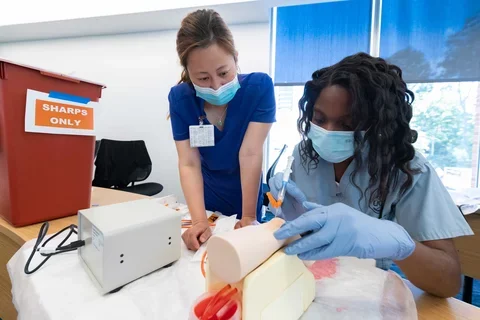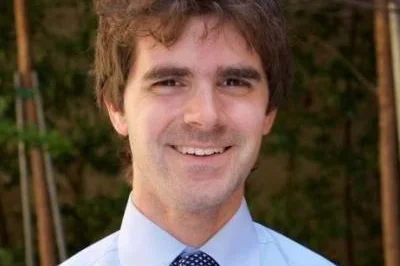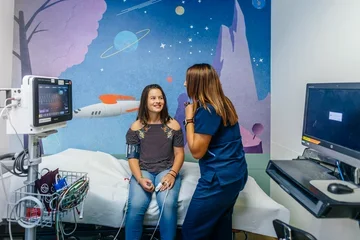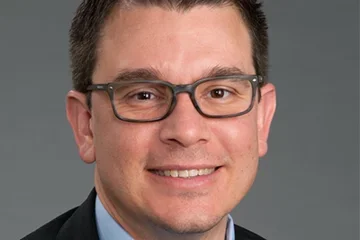How to Study in Medical School
Developing Skills to Study and Learn Effectively

Med School Can Be As Much About How to Learn as Actually Learning the Material
The first two years of medical school demand the fast processing of a lot of unfamiliar information. New students often find their proven undergrad study methods don’t quite work in medical school. That’s why the David Geffen School of Medicine at UCLA (DGSOM) provides resources to help new students build med-school study skills and find new ways to learn.
"Med school can be as much about how to learn the material as actually learning it," says Dr. David DiTullio, DGSOM class of 2017. "You have to test different strategies, different ways of organizing the material."
(Want to learn more about how to succeed in medical school? Check out our Medical School Test Prep Tips article.)
Take Advantage of Tutoring Programs
The Peer Tutoring Program, and other resources, offers students the chance to partner with a mentor or join group sessions, where one tutor facilitates a discussion among 3 - 5 students. Tutors find this format helps students retain information as they ask questions and practice explaining concepts.
The tutoring program also offers guidance in specific areas, including the USMLE Step 1 licensing exam. To help students prepare, the DGSOM organizes weekly study sessions that bring students together to review material and share organization tips.
"We try to offer different levels of tutoring for everyone in every subject throughout medical school," says Dr. DiTullio, who was deeply involved in the tutoring program.
Find Your Study Style

Dr. DiTullio encourages first years to ask older students how they adjusted to new workloads.
"When I started [medical] school, I found that the ways I studied as an undergrad didn't always work," he admits. "I tried new techniques every couple weeks until I found what was best for me."
The Student Affairs Office runs an Academic Support Office with a wealth of ideas and knowledgeable advisors. The office matches students with tutors and offers advice on adapting to a medical school curriculum.
"A lot of times, it helps new students to hear that they're not alone," Dr. DiTullio says. "Everyone feels anxious or wonders how they're comparing to everyone else. The Student Affairs Office will listen to concerns, give advice on creating schedules and point to further resources."
Try Becoming a Tutor Yourself
Many students find tutoring others rewarding. "Tutors get experience working with people they hope to teach one day as a professional," says Dr. DiTullio. "The program at UCLA is well developed and a great opportunity to be a mentor."



